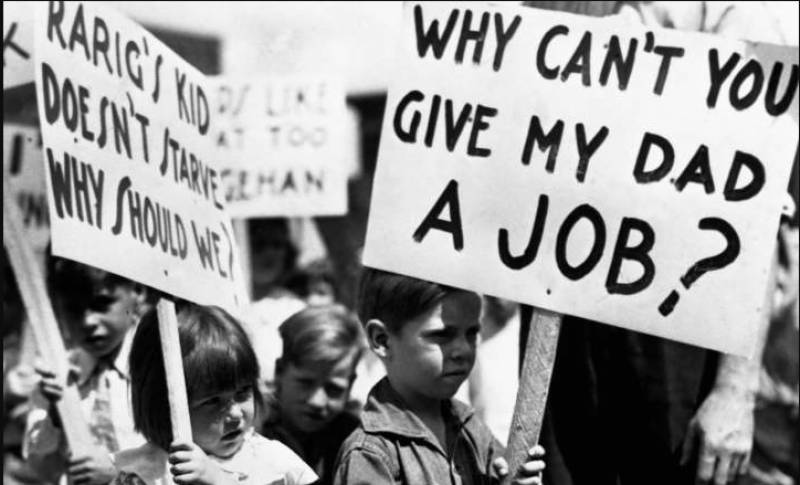THE FIRST WORLD WAR (1914-1918)
THE FIRST WORLD WAR (1914-1918) THE FIRST WORLD WAR (1914-1918) Meaning Refers to the first imperialist war that occurred in the world history whose major aim was conquest for the re-division of the world among the European imperialist powers. It was a military conflict that took place in the world and involved many countries of … Read more








